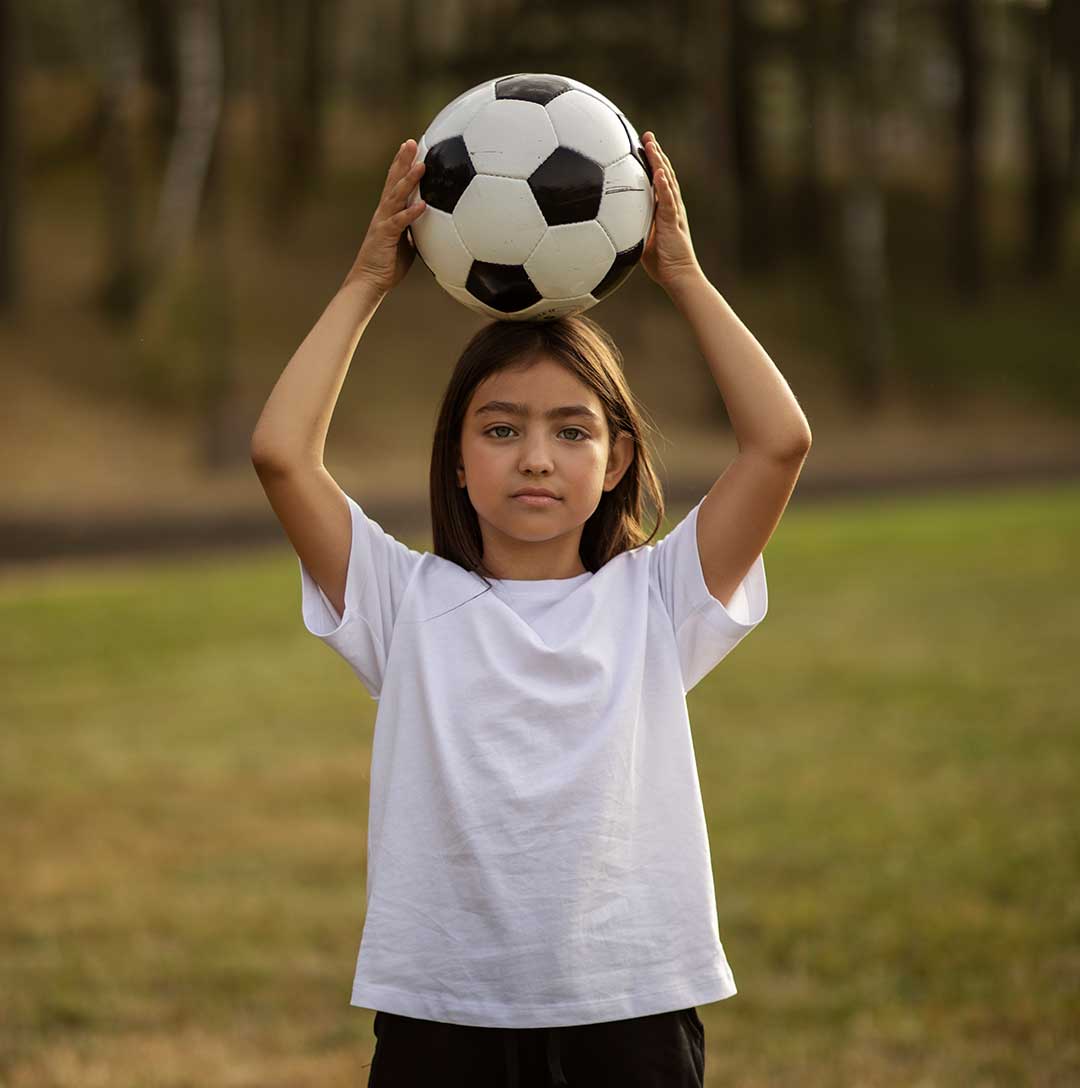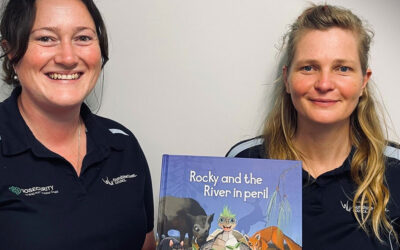Whether it’s Sam Kerr kicking goals for the Matildas or Issa Rae playing President Barbie in the new movie, it’s important for children to see diversity across all professions. So, when it comes to children’s books, it’s encouraging to see so many stories featuring people from different cultural backgrounds, say researchers at the University of South Australia.
In a new study, UniSA Master of Teaching graduate and former bookseller Georgia Strobel reviewed how sport is represented in children’s and young people’s literature.
Assessing 90 books/book series (comprising 200+ individual fiction books) published since 1996, she found more than 50% of books about sport were co-authored by a sportsperson and that nearly a third (31%) had a culturally and linguistically diverse (CALD) contributing author.
Additionally, 75% of CALD authors were Aboriginal or Torres Strait Islander peoples, and 47% of books had at least one female contributing author.
It’s a positive finding ahead of Children’s Book Week (19-25 Aug), where the theme is ‘Read, Grow, Inspire.’

Why we need diversity in books
“When people from difficult cultures are represented positively in books, it presents a powerful message about achievement and belonging. This is important in a multicultural country like Australia,” Strobel says.
“Children learn about the world through books. They can spark imagination, stimulate curiosity, and inspire.
“Children’s aspirations are often shaped by what they are exposed to. The more diversity and cultural inclusion we see in books and in all facets of life, the more likely it is that children will see themselves reflected in texts and in the world.
“When athletes from different cultures are represented in sports, it helps to inspire the next generation. And when these athletes are able to tell their stories in their voice, these stories are shared more authentically.”
Perhaps not surprisingly, the most well-represented sports in Australian children’s books were Australian Rules Football (34%), followed by soccer (17%).
Whether it’s the AFL or the Women’s World Cup, Australians love their sport.
“Sport is woven into the fabric of Australian society, so it makes sense that the publishing industry tells sporting stories.
“Hopefully, we will continue to see stories of culturally and linguistically diverse voices being valued in the space of children and young people’s literature.”


